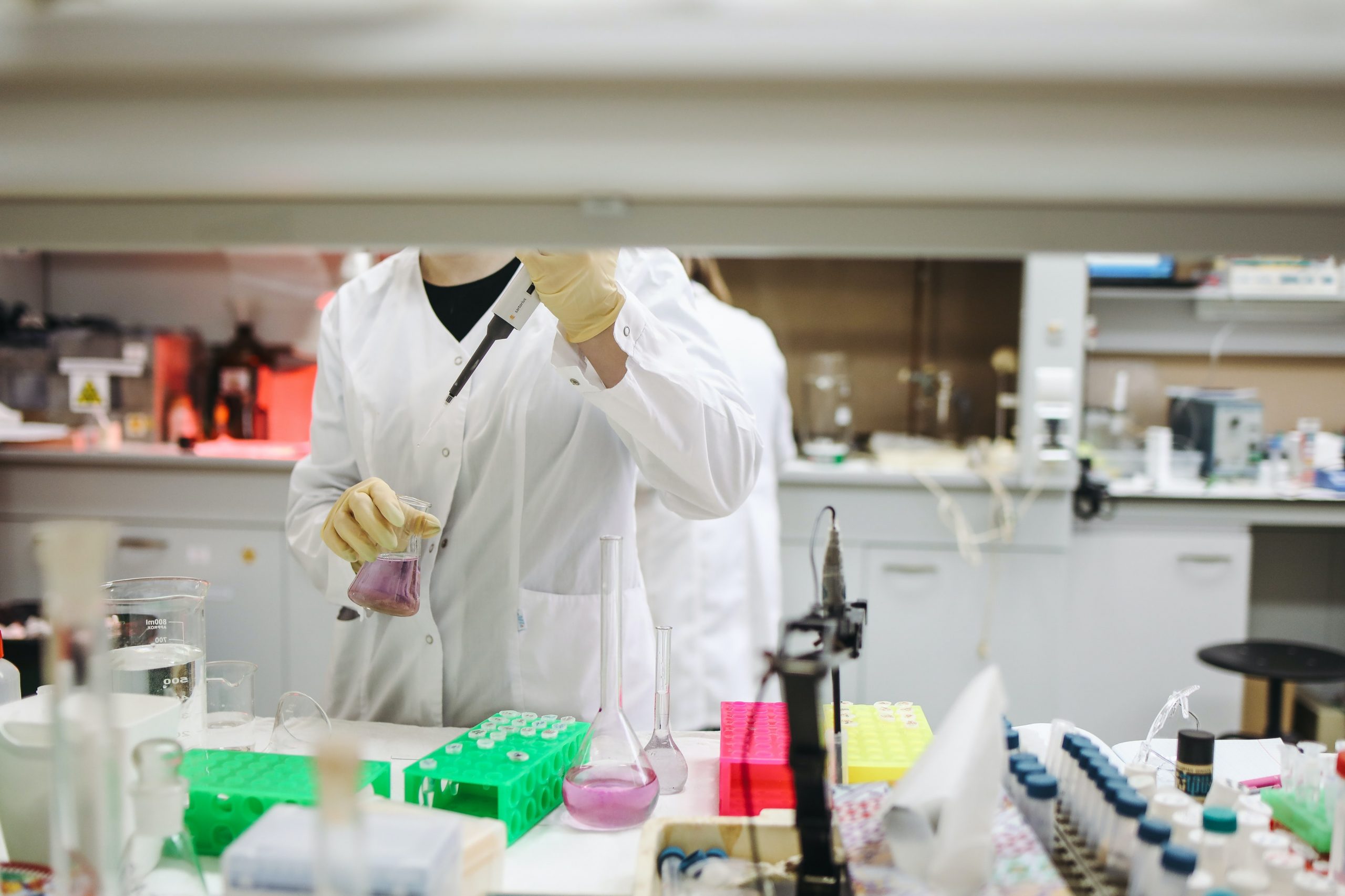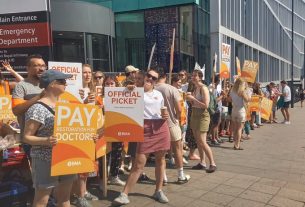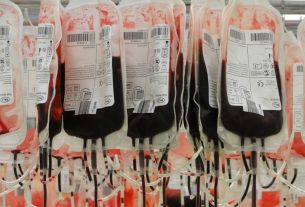Doctors and soldiers have been put on notice to prepare for a national immunisation and mass testing drive across the UK following yesterday’s announcement of a coronavirus vaccine.
Some 1,500 GPs and drive-through centres will deliver “at least 1,000 jabs a week” of the Pfizer and BioNtech vaccine from December 1, with health officials saying today the NHS “would be ready to deliver the jabs as quickly as they can be supplied”. The government has secured 10 million doses of the vaccine and has also announced a huge expansion of the mass-testing scheme to find and isolate asymptomatic coronavirus cases in the community.
The news comes as latest figures show the number of people dying from Covid-19 has surged by 41% in a week, reports the Office for National Statistics. The UK recorded a further 532 coronavirus deaths in 24 hours – the highest daily number since May 12 – bringing the total to 49,770.
£43 billion for mass testing
Mass testing- aka Operation Moonshot – is being rolled out in London, Birmingham, Manchester and other cities following the pilot trial launched in Liverpool last week with the support of the British army. Health secretary Matt Hancock said rapid-turnaround kits will be sent to 67 local council areas to test 10% of their populations’ every week. Results of the tests are available within the hour and are aimed to detect asymptomatic cases.
The government has offered almost £43 billion in contracts for testing supplies and equipment to deliver the prime minister’s promise for “millions” of tests a day as part of the UK’s “world beating” test and trace system.
The £43 billion cost “for the multi-year contracts represent three times the annual police budget for England and Wales”, reports the Independent, adding that Department of Health and Social Care (DHSC) “sources stressed that not all the money would necessarily be spent.”
ONS – highest deaths since May
The latest figures from the ONS show the UK recorded its highest daily increase in coronavirus deaths since May 12. The week ending October 23 saw 978 deaths registered in England and Wales where Covid-19 was mentioned on the death certificate. The week ending October 30 saw 1,379 Covid deaths, representing the first time since the week ending June 12 that a weekly figure has exceeded 1,000 and the highest since (the w/e) June 5.
Cumulative statistics published by other UK agencies where Covid-19 has been mentioned on the death certificate records a total exceeding 65,000 deaths.
The total number of cases in the UK – as at 9am today (Tuesday) – is 1,233,775 and the number of hospital patients with the virus in England has risen from 11,557 to 13,617 in a week. At the same time, the number of Covid patients in ventilator beds rose from 1,075 to 1,268 in the seven days to Monday (November 9).
Traveller hopes in test to cut quarantine
While the numbers of cases, deaths and hospital patients rises, hope is also rising that the mass-testing pilot scheme in Liverpool could lead to lockdown restrictions being lifted.
Travellers could benefit within weeks, suggested transport secretary Grant Shapps who said the Liverpool rapid-testing trial could be emulated for travellers to open up quarantine-free air travel to the UK.
Shapps confirmed a new testing regime, which would reduce quarantine from 14-days to seven, may be rolled out in around three weeks – coinciding with the end of England’s lockdown restrictions on December 2.
More than 30 countries already offer coronavirus tests on arrival to help prevent the need for lengthy quarantine periods and last month Shapps said the UK government favoured a system that isolates travellers for seven days before a they take a test, which the traveller pays for.
‘Could be 2 or 3 vaccines by New Year,’ says Oxford professor
With regard to the vaccine, Oxford university professor of medicine and Sage panel member, Sir John Bell, said there is a 70% to 80% chance the UK’s elderly and vulnerable population could be vaccinated by Easter 2021.
“That’s provided they [the government] don’t screw up the distribution of the vaccine,” Bell told a health and social care committee today (Tuesday), adding: “I wouldn’t be surprised if we hit the New Year with two or three vaccines, all of which could be distributed.
“That’s why I’m quite optimistic of getting enough vaccinations done in the first quarter of next year that by spring things will start to look much more normal than they do now.”




